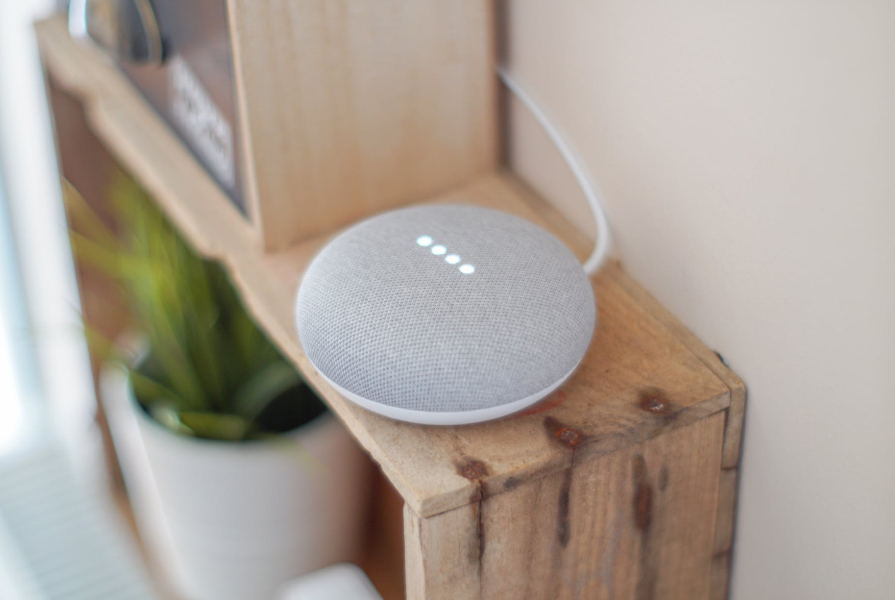Still got a question about legal tech and AI?
Get in touch. We’d love to hear from you!
When we get asked this question, we usually pause and try to understand what’s behind it. While we love talking tech and going on tangents, the asker usually wants to know something more, or something else.
How smart is our platform? How intuitive is it? How do we manage data? What do we think about automation? Can robots replace lawyers? Will robots replace lawyers? Should robots replace lawyers?
We often find it’s helpful to take a quick step back before we jump into these answers, so we thought we’d cover off a quick guide to AI in legal services.
AI, or artificial intelligence, is a field of computer science where computers can simulate or imitate human intelligence.
There are 3 broad categories for AI:
Machines already do a lot of things that people do, like seeing, hearing, speaking, understanding, and making decisions. If you’re reading this, chances are you’re using AI technologies. We have phones that unlock when they recognise our faces, and translation apps that translate languages we don’t speak.

Voice assistants and other narrow AI technology are becoming ubiquitous in workplaces and our (smart) homes
AI is poorly understood and can feel like a fuzzy concept. One reason is because of the multiple depictions of artificial superintelligence in Hollywood and science fiction. The hype surrounding AI technologies and companies hasn’t helped, where some companies have been criticised for misrepresenting reality in their attempt to ‘sell’ their product or its potential.
This is also the result of the ‘AI effect’, a paradox where our norms and expectations adapt every time a computer does something well and we turn around and say ‘that’s not real artificial intelligence, that’s just computers’. Some examples of AI like spellcheck are so common that we don’t consider them as AI anymore.
The type of AI used in the world of legal services and legal tech – and in Josef – is predominantly narrow AI.
Yes, Josef is an example of AI technology. Our platform automates legal functions – including expertise and document automation – using rules-based systems, which are a form of narrow AI.
Our builders set the rules, and decide what the bots do and say. All the bots on Josef work because legal professionals and other smart people design and create them to be the way they are.
One of our customers told us that our new flowchart was so intuitive that it was “almost like it knew what I was going to do next”. We assure you that’s not AGI, that’s good, intuitive legal design with a little bit of technological magic sprinkled on top.
And while narrow AI automation tech may not be as glamorous as self-driving cars or chess-playing computers, our philosophy on technology is to use it to empower people.
After all, we’re not trying to land on the moon, we’re trying to help solve the many legal problems we have today, here and now.
Get in touch. We’d love to hear from you!
We'll be in touch soon to arrange a time to speak.